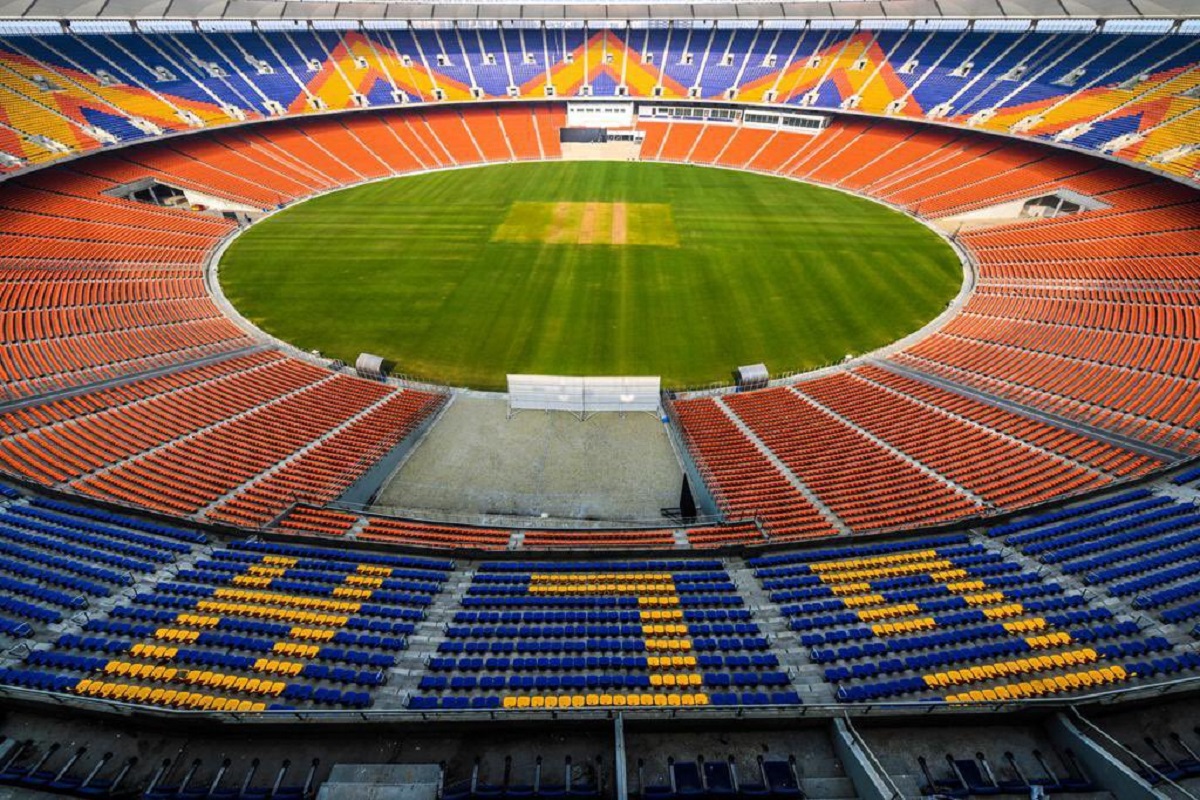Rohit would ‘love’ to play Test series against Pakistan in neutral venue
Bilateral cricket between India and Pakistan has been put on hold since Misbah-ul-Haq’s team last toured India to play a three-match ODI series way back in 2012-13.
No one would come to be afflicted with a bleeding heart if they came to know of honorariums from the Board of Control for Cricket in India for erstwhile first-class players.

Representational image (Image: Twitter@RishabhPant17)
No one would come to be afflicted with a bleeding heart if they came to know of honorariums from the Board of Control for Cricket in India for erstwhile first-class players. The unfortunates never really made any money, or even so much as a living, from the game. So, it was all right that the BCCI, flush with funds beyond the dreams of avarice from the grant of the Indian Premier League’s much- competed-for media rights, hiked, grade-wise, its monthly payments for them recently. Hallelujahs followed, and that was okay too, but something seems completely forgotten. It was in the mid-1990s, when Polly Umrigar was the BCCI secretary, that something akin to a pension scheme, suggested by a former Bengal and East Zone captain now uncompromisingly insisting on anonymity, for pre-2004 first-class cricketers was worked on and planned. Board supremo Jagmohan Dalmiya let the files gather dust, presumably for all time to come. But when Sharad Pawar supplanted him, a search for them was begun and a rescue act followed. The scheme, much to the relief of cricketers of yesteryear, became reality. More than a decade had been lost to administrative cynicism, but hope was eventually revived. There were three groups of beneficiaries, the top bracket included those who had played 75 or more games, the middle one featured those who’d turned out in 50-74 matches and the third tier had those who had between 29 and 49 appearances on their CVs.
When N Srinivasan took over as president of the BCCI – and India was the richest board in cricket, drawing long and doleful glances from around the world – an upward revision of the grants resulted in higher disbursals. But Umrigar had been told also of a widow pension, an idea he had accepted readily, but unlike the worldly unwise people he would have been surrounded by, the stalwart was reportedly wary of a potential plethora of claims from the ex-player’s families. Divorce and marital complications too had to be considered. So, the board, around 2013, decided on “one-time, lumpsum” payments, which pleased everybody, the ceremony punctuating IPL matches with full-house stadiums glorying in the glory of yesterday’s stars. And here was the rub too. Category One ex-players got their envelopes all right, but the two other classes did not. The IPL itself came to be mired in corruption, with Srinivasan and his team, Chennai Super Kings, enmeshed in crisis. Categories B and C have former performers who could have done with the board’s bounty, and they’ve missed out on it a second time now probably for no reason other than the fact that today’s leading lights might not even know how the initial arrangement was arrived at. The board should do its homework and hand the cheques over to the men who have long been waiting.
Advertisement
Advertisement